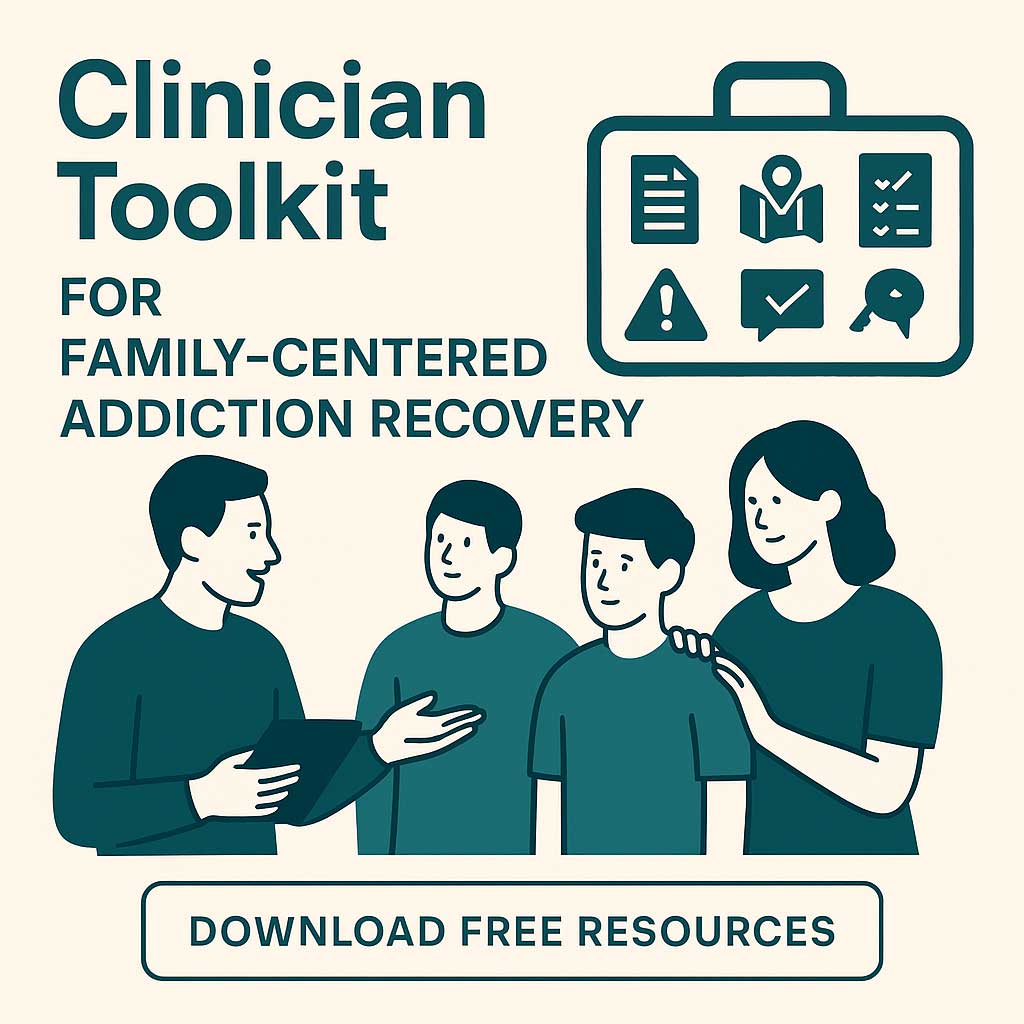Resources
Brought to you by Reflection Family Interventions
Air plants are unique, just like the families we serve. They don’t root into soil… they root into their environment. When that environment is healthy, supportive, and consistent, they thrive. When it’s chaotic or neglected, they wither.
The same is true in intervention work.
Below is everything you need to keep your air plant happy and a reminder of what truly helps a struggling loved one heal.
Air plants thrive with bright, indirect light. Too little light and they stagnate. Too much and they burn.
People in crisis need an environment that provides steady, safe guidance, not smothering control, not detached avoidance.
Healthy boundaries are the indirect sunlight of recovery.
Soak your air plant for 20–30 minutes once a week. Shake off excess water and let it fully dry.
Families often show love in frantic bursts, rescuing, fixing, enabling. But sustained, consistent connection and accountability is what truly supports change.
Just like sporadic watering can cause rot, inconsistent boundaries create chaos.
Air plants absorb nutrients from the air around them. Stagnant air can suffocate them.
Your loved one absorbs the emotional climate at home.
When the family learns new ways of communicating, clearer, calmer, more grounded, your loved one can finally breathe and begin to heal.
Air plants like 50–90°F. Sudden temperature swings can stress or shock the plant.
Recovery requires stability.
When families shift from crisis-reactivity to predictable responses, everything changes. Safety is created through consistency.
Remove dead leaves and give your plant a gentle shake after watering. A little care goes a long way.
Families often need to “trim” old patterns, people-pleasing, guilt-driven decisions, generational roles. Healthy pruning creates the space for new dynamics, new conversations, new hope.
Air plants don’t need soil, they need the right environment.
People in mental health or addiction crisis are the same.
Intervention isn’t about forcing change.
It’s about creating the conditions where change becomes possible.
That’s what we do at Reflection Family Interventions.
We teach families how to become the environment where recovery grows.
Scan the QR code for full care instructions and to learn more about how our family-centered intervention services help create lasting change.
Reflection Family Interventions
Helping families become the soil-free environment where healing takes root.
In many treatment settings, families are seen as an obstacle—too emotional, too involved, or too uninformed to help. But at Reflection Family Interventions, we see the truth: families aren’t the problem—they’re the path.
When families are equipped with structure, language, and support, they become one of the most powerful influences in a client’s long-term success. This free, downloadable Clinician Toolkit was created for professionals who want to move beyond generic advice like “go to Al-Anon,” and instead implement real, family-centered recovery strategies that improve treatment retention, reduce early discharges, and strengthen outcomes.
Whether your client signed an ROI or not, these tools empower you to support the family system independently—with or without direct involvement from the patient.

PDF Download
This toolkit is built for clinicians on the frontlines of addiction and mental health care, including:
Print them. Share them with families. Use them during discharge planning, family sessions, staff meetings, or when a loved one says, “He told me he’s ready to come home.”
These resources were created from thousands of real-world cases and reflect what actually works—not just what looks good in theory.